The 10 Best Vitamins for Kids’ Immune System
Making sure your child has a strong immune system is very important for their health and well-being. Eating a balanced diet with the right vitamins can help strengthen their immune system. Here are the ten best vitamins for kids’ immune systems and how they help keep your child healthy.
1. Vitamin C
Vitamin C is a powerful antioxidant that helps protect cells from damage, supports the production of white blood cells, and enhances the function of the immune system. It is found in abundance in fruits and vegetables such as oranges, strawberries, kiwi, bell peppers, and broccoli.
- Citrus Fruits: Oranges, lemons, limes, grapefruits.
- Berries: Strawberries, blueberries, raspberries.
- Vegetables: Bell peppers, broccoli, Brussels sprouts, kale.
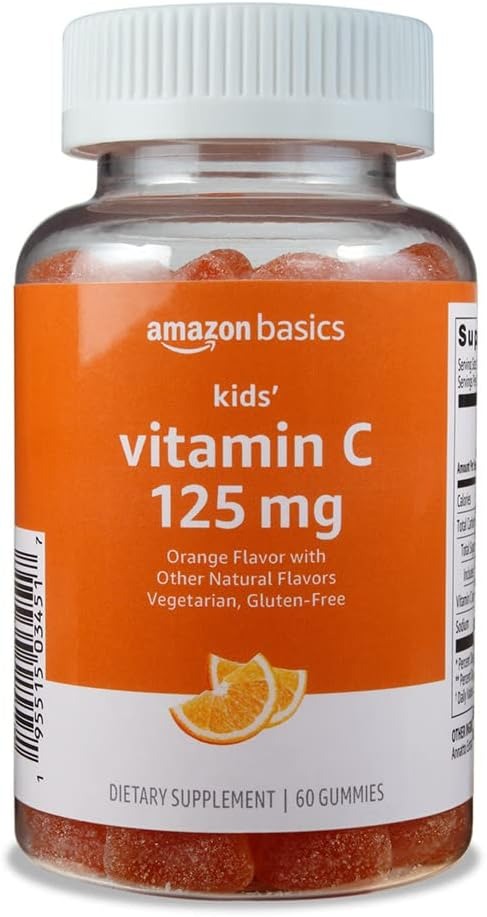
2. Vitamin D
Vitamin D is essential for the immune system because it helps activate T cells, which detect and destroy pathogens. It is also important for bone health. Sun exposure is a natural source of vitamin D, but it can also be found in fortified foods, fatty fish, and supplements.
- Fatty Fish: Salmon, mackerel, tuna.
- Egg Yolks: Eggs are a good source of vitamin D.
- Fortified Foods: Some milk, orange juice, and cereals are fortified with vitamin D.
- Sunlight: Spending time in the sun helps the body produce vitamin D.

3. Vitamin A
Vitamin A plays a critical role in maintaining the integrity of mucosal cells in the respiratory and gastrointestinal tracts, which are the body’s first line of defense against pathogens. It is found in foods like carrots, sweet potatoes, spinach, and fortified dairy products.
- Orange and Yellow Vegetables: Carrots, sweet potatoes, pumpkins.
- Leafy Greens: Spinach, kale, and collard greens.
- Animal Products: Liver, eggs, and dairy products.
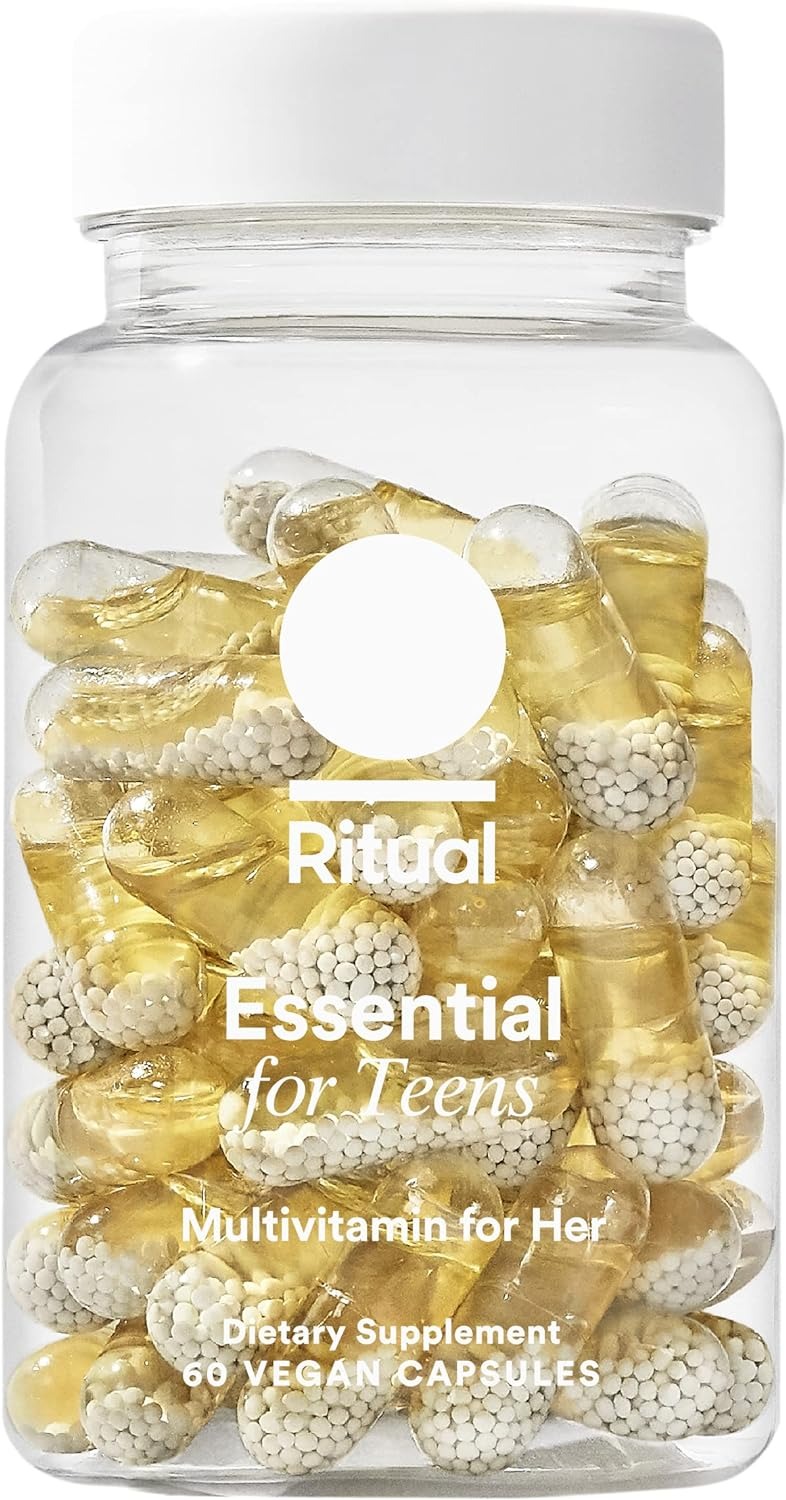
4. Vitamin E
Vitamin E is another antioxidant that helps combat free radicals and supports the immune response. It is important for maintaining healthy skin and eyes, which are barriers to infection. Good sources of vitamin E include nuts, seeds, spinach, and broccoli.
Nuts and Seeds: Almonds, sunflower seeds, and hazelnuts.
Vegetable Oils: Sunflower oil, safflower oil, and wheat germ oil.
Green Vegetables: Spinach, broccoli, and Swiss chard.
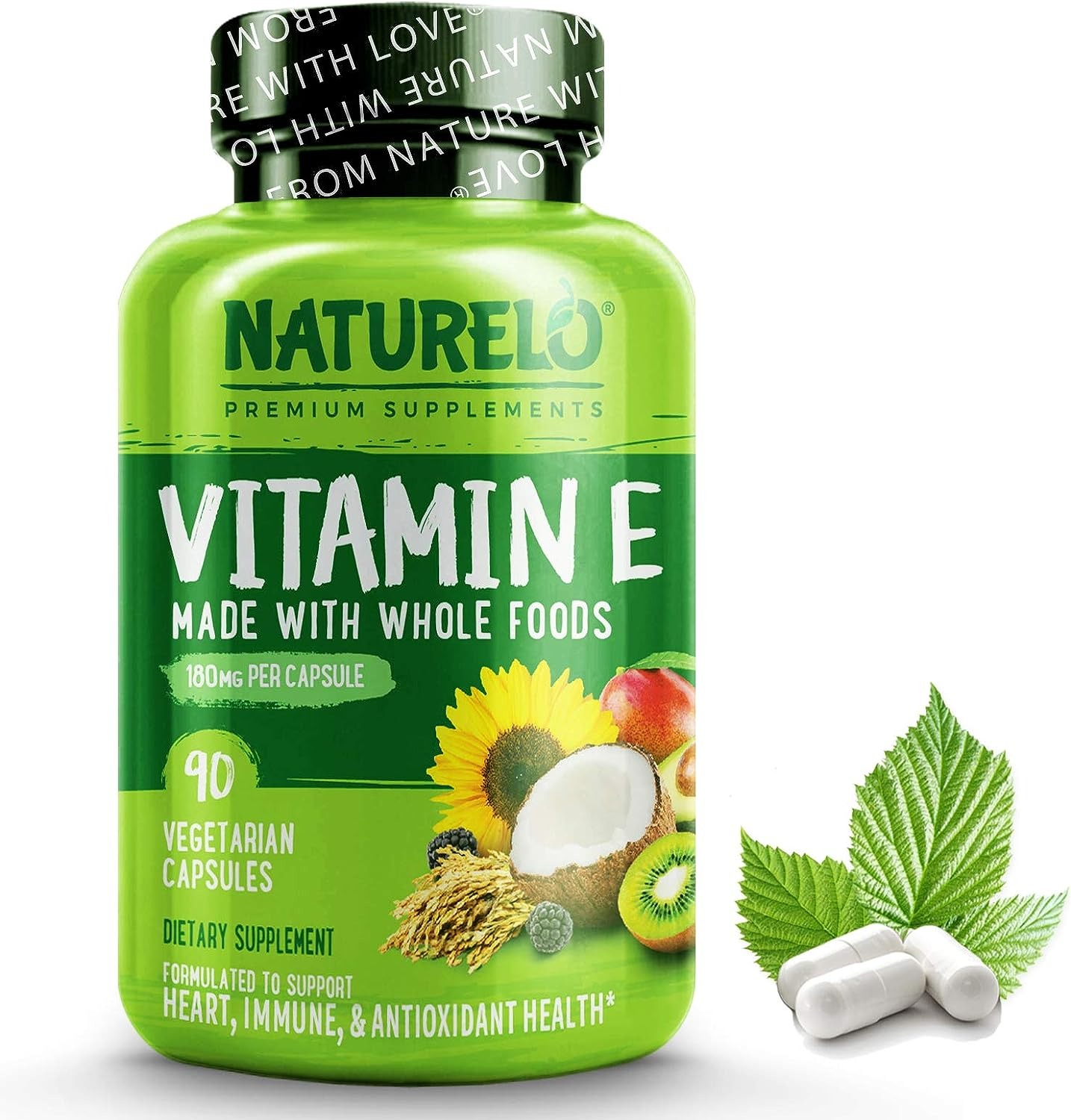
5. Vitamin B6
Vitamin B6 is vital for biochemical reactions in the immune system and helps in the production of antibodies. It can be found in foods such as chicken, fish, potatoes, chickpeas, and bananas.
- Poultry: Chicken and turkey.
- Fish: Tuna and salmon.
- Starchy Vegetables: Potatoes and sweet potatoes.
- Non-Citrus Fruits: Bananas and avocados.
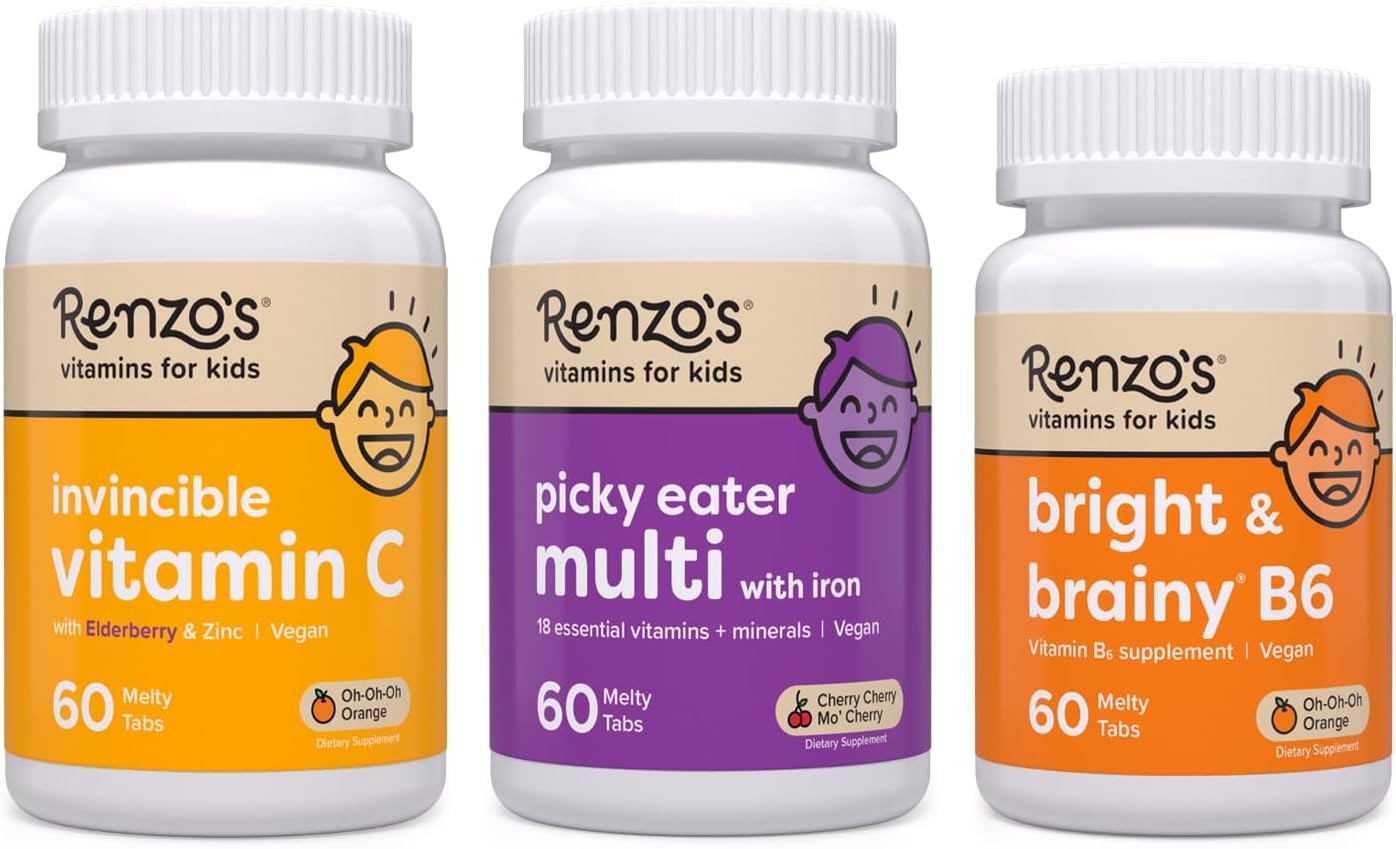
6. Folate (Vitamin B9)
Folate is crucial for the production and maintenance of new cells, including white blood cells. It is found in leafy green vegetables, beans, peas, and fortified cereals. Adequate folate intake is essential for a properly functioning immune system.
- Leafy Greens: Spinach, kale, and arugula.
- Legumes: Beans, lentils, and chickpeas.
- Fruits: Oranges, lemons, and bananas.
- Fortified Foods: Some cereals and grains are fortified with folic acid.

7. Vitamin B12
Vitamin B12 is necessary for the production of red blood cells and DNA synthesis. It helps in the functioning of the nervous system, which is interconnected with the immune system. Sources of B12 include meat, dairy products, and fortified cereals.
- Animal Products: Meat, fish, poultry, eggs, and dairy products.
- Fortified Foods: Some plant-based milks and cereals are fortified with vitamin B12.
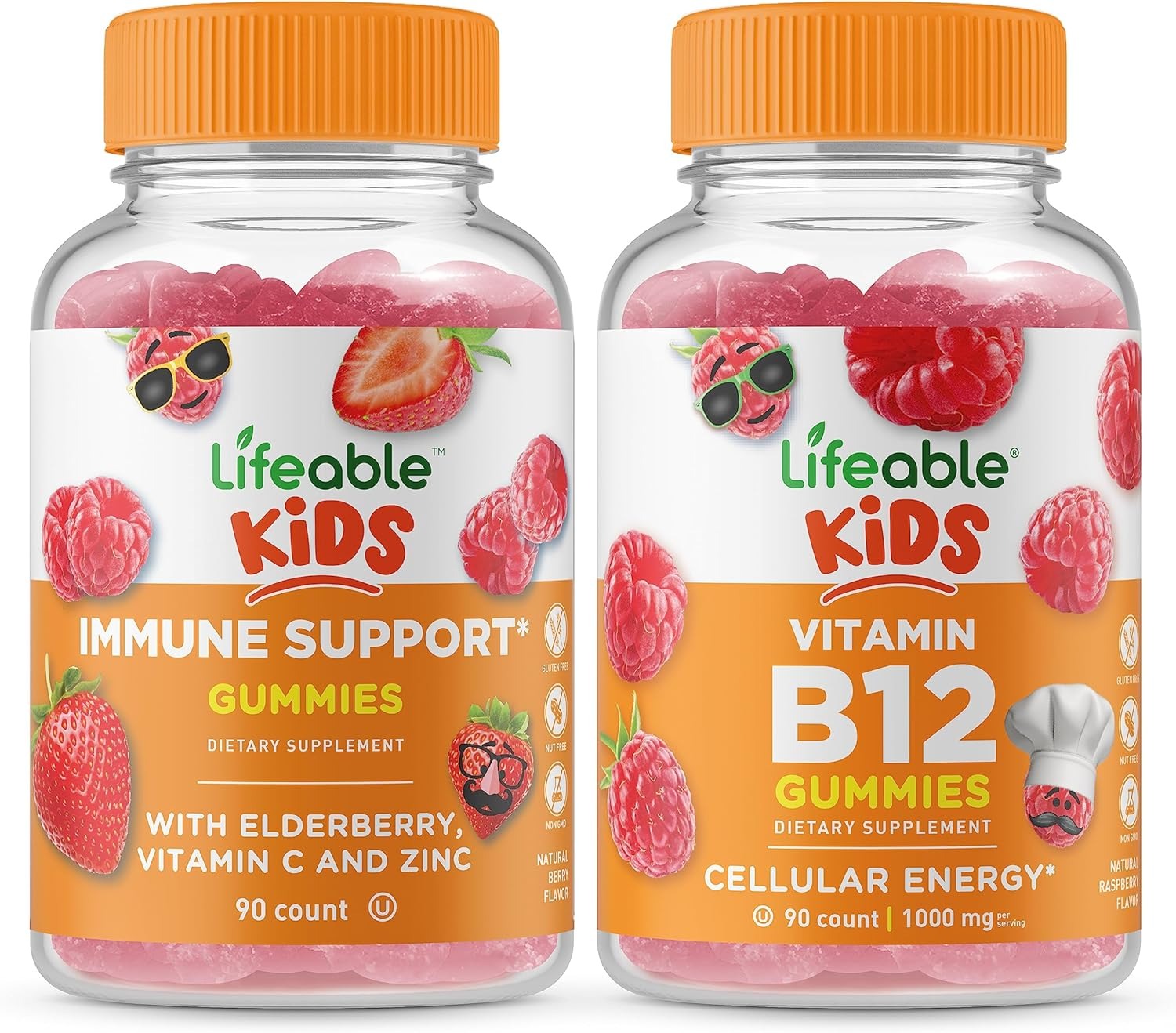
8. Iron
Iron is not a vitamin but a mineral that is essential for the production of hemoglobin, which carries oxygen to the cells. A lack of iron can lead to anemia, which weakens the immune system. Iron can be found in red meat, poultry, beans, spinach, and fortified cereals.
- Red Meat: Beef and lamb.
- Poultry: Chicken and turkey.
- Legumes: Lentils, chickpeas, and beans.
- Leafy Greens: Spinach and Swiss chard

9. Zinc
Zinc is crucial for the development and function of immune cells. It has been shown to reduce the duration and severity of colds. Zinc is present in meat, shellfish, legumes, seeds, nuts, and dairy products.
- Meat: Beef, pork, and lamb.
- Shellfish: Oysters, crab, and lobster.
- Legumes: Chickpeas, lentils, and beans.
- Seeds: Pumpkin seeds, sesame seeds, and sunflower seeds.

10. Probiotics
While not a vitamin, probiotics are beneficial bacteria that support gut health, which is closely linked to the immune system. A healthy gut flora can help prevent infections and improve overall immune function. Probiotics are found in fermented foods like yogurt, kefir, sauerkraut, and supplements.
- Fermented Foods: Yogurt, kefir, sauerkraut, kimchi, and miso.
- Fermented Beverages: Kombucha and some types of fermented tea.

Conclusion
A balanced diet that includes these essential vitamins and minerals can help support your child’s immune system. While it’s best to obtain these nutrients from food, supplements can be considered if dietary intake is insufficient. Always consult with a healthcare provider before starting any new supplement regimen to ensure it is appropriate for your child’s needs.



